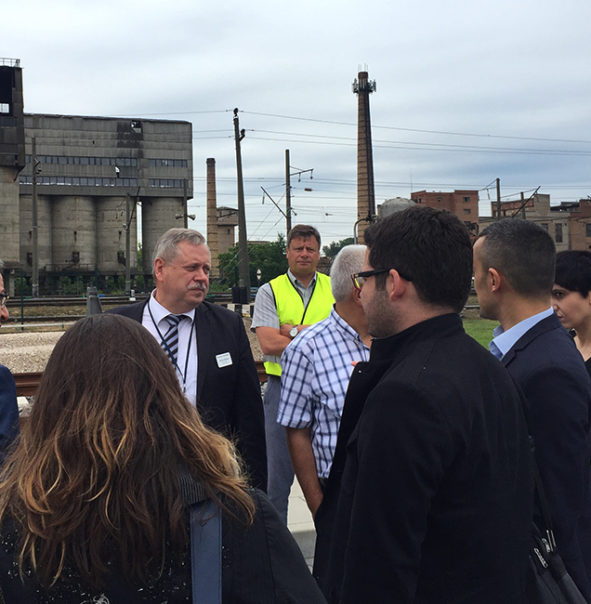Challenges and opportunities in financial crime investigations
Ecorys on behalf of the Police and Science Research Programme (Politie en Wetenschap), conducted a study into the challenges experienced by financial investigators. Through in-depth interviews investigators were asked which challenges they experience in their daily work, what they would need to solve and which known examples would help them to perform their jobs better. Based on the suggestions given a long list of possible best practices was developed. Emphasis was placed on existing and well-functioning initiatives, both within the Dutch and foreign police units.
In consultation with a group of financial crime investigators, the research team selected five well-functioning initiatives as case studies a and explored them in more detail:
- establishment of the ideal asset recovery team (the Netherlands);
- the possibilities for the social reusing of confiscated assets (inspired by Italy and Scotland);
- the strengthening of cooperation between the intelligence and the investigation departments (a comparison between the Netherlands and the United Kingdom);
- the further integration of financial topics within the police organisation as a whole, and within police education in particular (the Netherlands); and
- the possibilities for confiscating criminally obtained goods or assets without an identifiable perpetrator (with Italy as a source of inspiration).
A comparative analysis across these case studies evidenced the positive attitude of the police towards innovation and change, with units being given room to experiment and set up new initiatives within predefined frameworks. The research highlighted the importance of providing sufficient resources and time to ensure that financial crime investigations remain permanently in the spotlight, in order to further strengthen and facilitate these initiatives. If these conditions are met, the Netherlands can retain its leading role in Europe in the application of financial skills in criminal investigations.
For more information, please read the full report (pdf) or contact our consultant Linette de Swart.

29 December 2021
1 minute read
Key Experts
Linette de Swart
Principal Consultant



